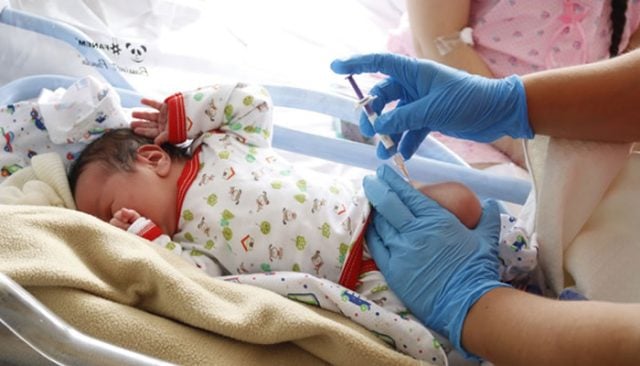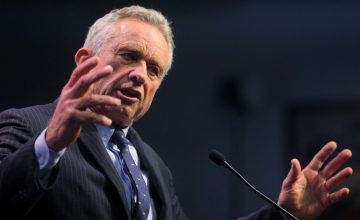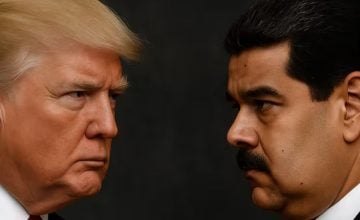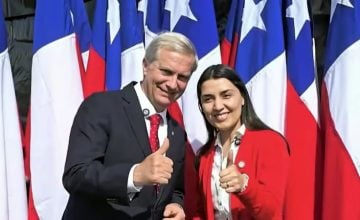By Paula Rosso, psychologist and regional councilor for Valparaíso.-
A few weeks ago in the United States, a couple was convicted over the death of their baby just 2 days after birth. The cause: untreated hyperbilirubinemia. Both identified as religious and, despite noticing the newborn was ill, chose not to take him to a doctor and prayed for recovery instead. The case occurred in Ohio, and during the hearing the judge found the baby had a 99% chance of survival if he had received medical care.
In that same U.S., in 2025 measles rates are the highest since the country eradicated the disease. There have been more than 1,300 cases since the start of the year, most of them in the state of Texas, which accounts for 3 out of every 4 reported infections.
The above are just two examples, among many, that should alert us to narratives that question not only vaccines but science in general—an even bigger problem when authorities repeat those claims.
One example is Donald Trump, whose message is echoed in Chile by right-wing figures Kast and Kaiser: he says climate change “is a hoax,” and he recently claimed that acetaminophen use during pregnancy causes autism in babies—an assertion thoroughly dismissed by medical science.
Scientific denialism by authorities or political representatives, and the spread of their extreme rhetoric across society, poses a serious risk that must be addressed in time. From Chile, University of Chile epidemiologist and academic María Paz Bertoglia reminds us that anti-vaccine groups “bear significant responsibility for the rise in these diseases” and reiterates that “now, through social media, this false information has greater reach.”
As a proposal, she and other researchers and scientists have called for a large-scale campaign—especially on social media, where anti-vaccine groups are active. What’s needed is to provide answers to people with reasonable doubts, but, as Professor Bertoglia notes, “we have to give people a real sense of the risk: when you don’t vaccinate your child, you put them at risk of getting sick and dying.”
In Chile, public policy on this issue follows a different path from the U.S. One example is that, for the second consecutive year, the country recorded no deaths among infants under 1 year old due to respiratory syncytial virus (RSV), which emerges during the winter season. A key factor in this achievement was vaccination and effective management of the immunization schedule.
According to the Ministry of Health, moving the influenza vaccination start date up to March 1 marked a turning point in the prevention strategy, achieving 77.78% coverage with more than 8.1 million doses administered. The strategy also resulted in a 62% reduction in RSV hospitalizations compared with 2023 and a 45% decrease in the activation of pediatric critical-care beds year over year.
All of this was made possible by the use of the monoclonal antibody nirsevimab via a vaccine-like injection, which was acquired for Chile by President Gabriel Boric’s government in 2024 and integrated into the National Immunization Program, which is entirely free of charge.
The strengthening of Public Health in Chile is also reflected in the latest Budget Law presented by the Executive, which increases the Health allocation by 900 billion pesos—bringing the total increase to more than 30% over President Boric’s four-year term.
With this, among other measures, the country will make the largest investment in the Explicit Health Guarantees (GES) system since its creation in 2004, adding coverage for a very high-cost cystic fibrosis medication and inpatient treatment for severe depression and suicide risk among children under 15.
These are valuable social policies aimed at delivering life and well-being—countering those who treat them as mere expenses and seek to further squeeze public health and the public system with massive cuts they still cannot explain how or where they would implement.
That is why it’s necessary to stress that the contrasting realities experienced by thousands of people in the U.S. and in Chile are a direct consequence of the policies and rhetoric their respective governments adopt. Let this column serve to show the concrete effects of an administration that rejects science and questions even its most basic findings, versus another that trusts the value of knowledge and medicine as tools to benefit the population across the country.
By Paula Rosso, psychologist and regional councilor for Valparaíso.-
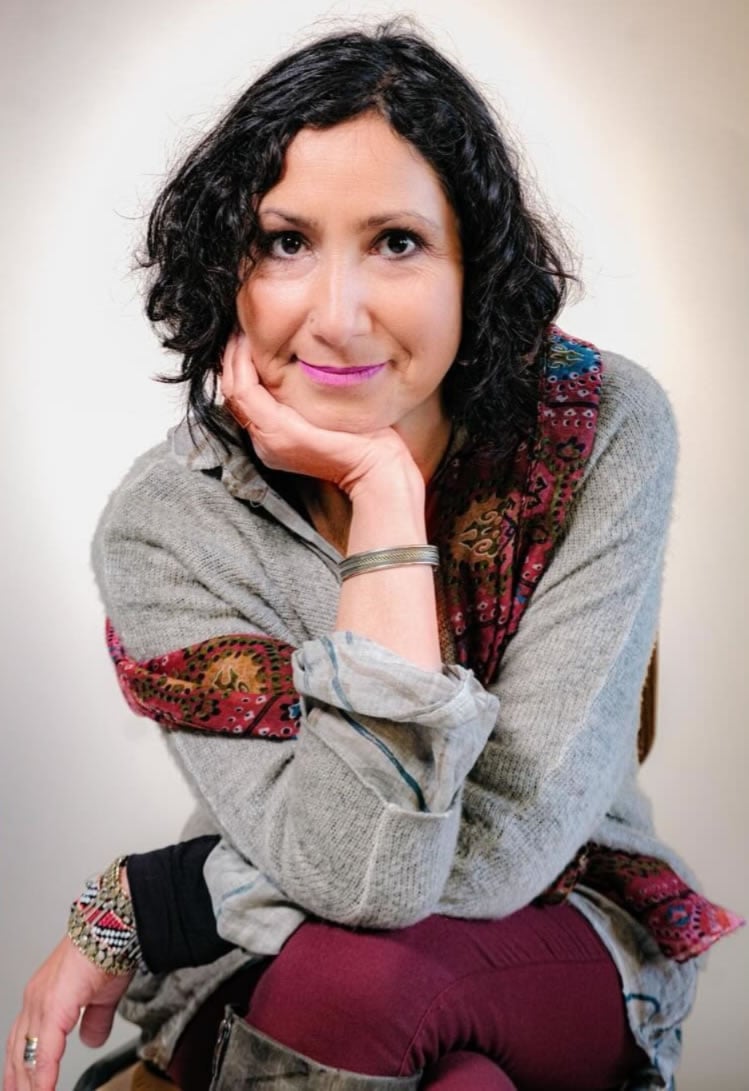
Read more:
El Ciudadano
